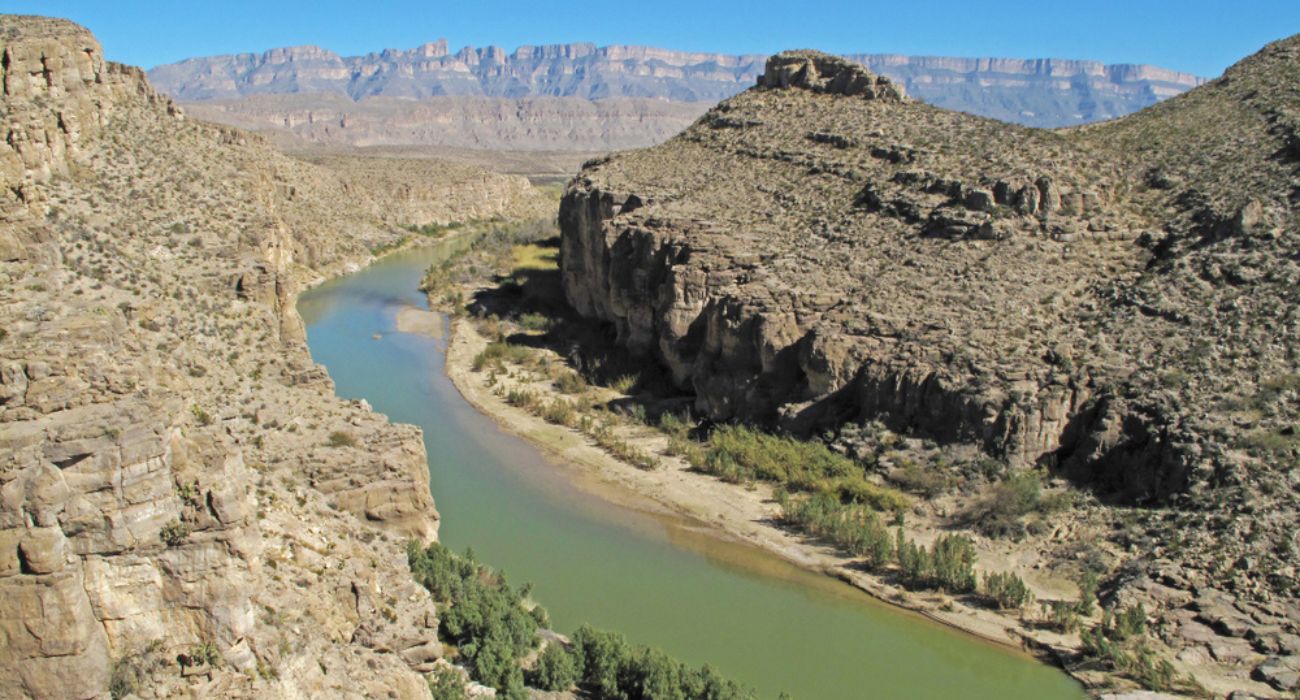New Mexico’s attorney general said the state has negotiated a proposed settlement with Texas and Colorado that they believe will end an almost decade-long battle over the management of the Rio Grande, one of the longest rivers in North America.
The Rio Grande is managed through a system of federal dams and canals under a water-sharing agreement involving Mexico.
Last Tuesday, New Mexico Attorney Hector Balderas announced that the states reached a deal following months of negotiations, the terms of which are confidential, but form “a comprehensive resolution of all the claims in the case,” according to Balderas’ office.
“Extreme drought and erratic climate events necessitate that states must work together to protect the Rio Grande, which is the lifeblood of our New Mexico farmers and communities,” said Balderas in a statement.
However, the agreement would need approval from the Supreme Court, and attorneys representing the federal government and two irrigation districts object to it.
“I’m very disappointed that the U.S. is exerting federal overreach and standing in the way of the states’ historic water agreement,” said Balderas.
The proposal reads, “The Compacting States (New Mexico, Colorado, and Texas) will propose the filing of a motion requesting that the Special Master (Judge Michael Melloy) recommend that a proposed Decree be entered by the Court. The proposed Decree carves out the interstate Compact issues from intrastate issues associated with administration of the Rio Grande Project within New Mexico.”
“The exact nature of the motion that will be filed is still being discussed among the Compacting States, but it will be constituted to fully resolve the Compact dispute among the Compacting States,” the proposal continues.
This proposal is impractical, according to lawyers with the Department of Justice and irrigation districts that serve farmers downstream of Elephant Butte reservoir.
Texas first sued New Mexico in the Supreme Court in 2013, contending that groundwater pumping in southern New Mexico has reduced river flows, limiting how much water makes it across the state line, thus denying Texas its fair share of water outlined in the 1938 Rio Grande Compact.
New Mexico has argued that it has been shorted its share of the river, and the Supreme Court allowed the federal government to join the case in 2018.
Earlier this year, stretches of the Rio Grande in New Mexico saw record low flows, causing some farmers to voluntarily fallow their fields to help the state meet downstream water-sharing obligations.
Farmers in the Elephant Butte Irrigation District can expect another late start to the 2023 irrigation season, according to officials, and allotments will be low again as the system heavily depends on spring runoff from snowmelt in southern Colorado and northern New Mexico.
New Mexico has spent about $21 million on attorneys and scientists for this case over the past nine years.
Another hearing has been scheduled for January, as the states plan to submit their motion to move the proposed settlement forward, then allow federal officials and the irrigation districts to respond formally.






